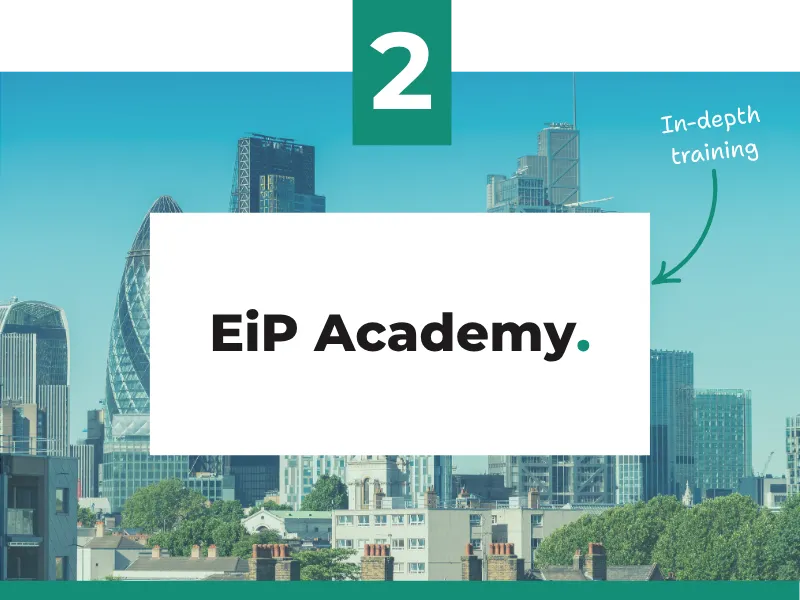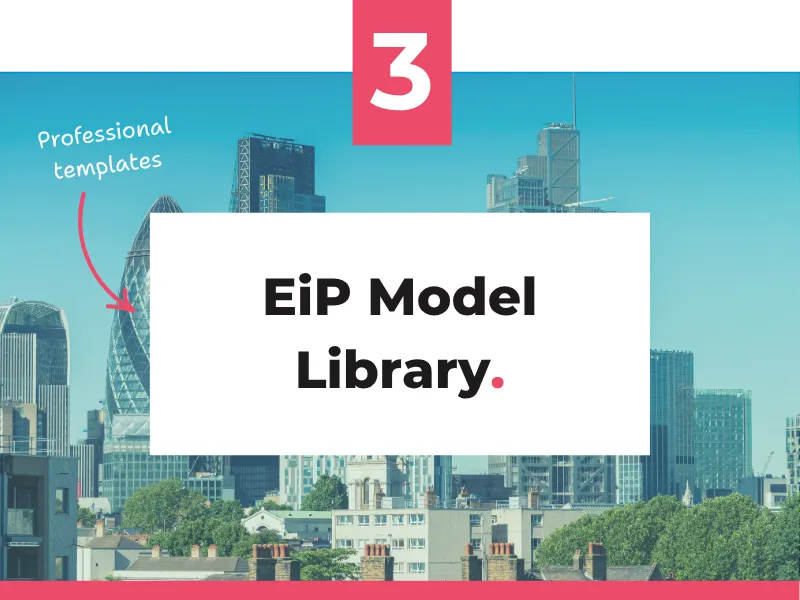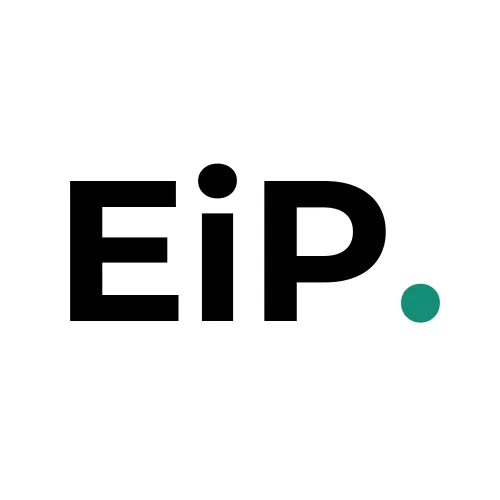Something’s not adding up!
It seems the page you’re looking for isn’t available.
Just like in property analysis, every detail counts - but sometimes things go a little off course. No worries, let’s get you back on track. Try one of these options to continue:

Your starting point for real estate modelling
New to financial modelling – or unsure where to focus your learning? Our free crash course covers the core building blocks of deal-ready models, with no fluff or filler.

Training for analysts, investors, and developers
Get instant access to practical financial modelling courses – from foundations to advanced topics. Learn at your own pace with support from our expert team.

Professional templates, ready to plug and play
Access a full suite of real estate Excel models – development appraisals, DCFs, waterfalls, and more. Trusted by top investment teams to significantly save time and reduce risk.

